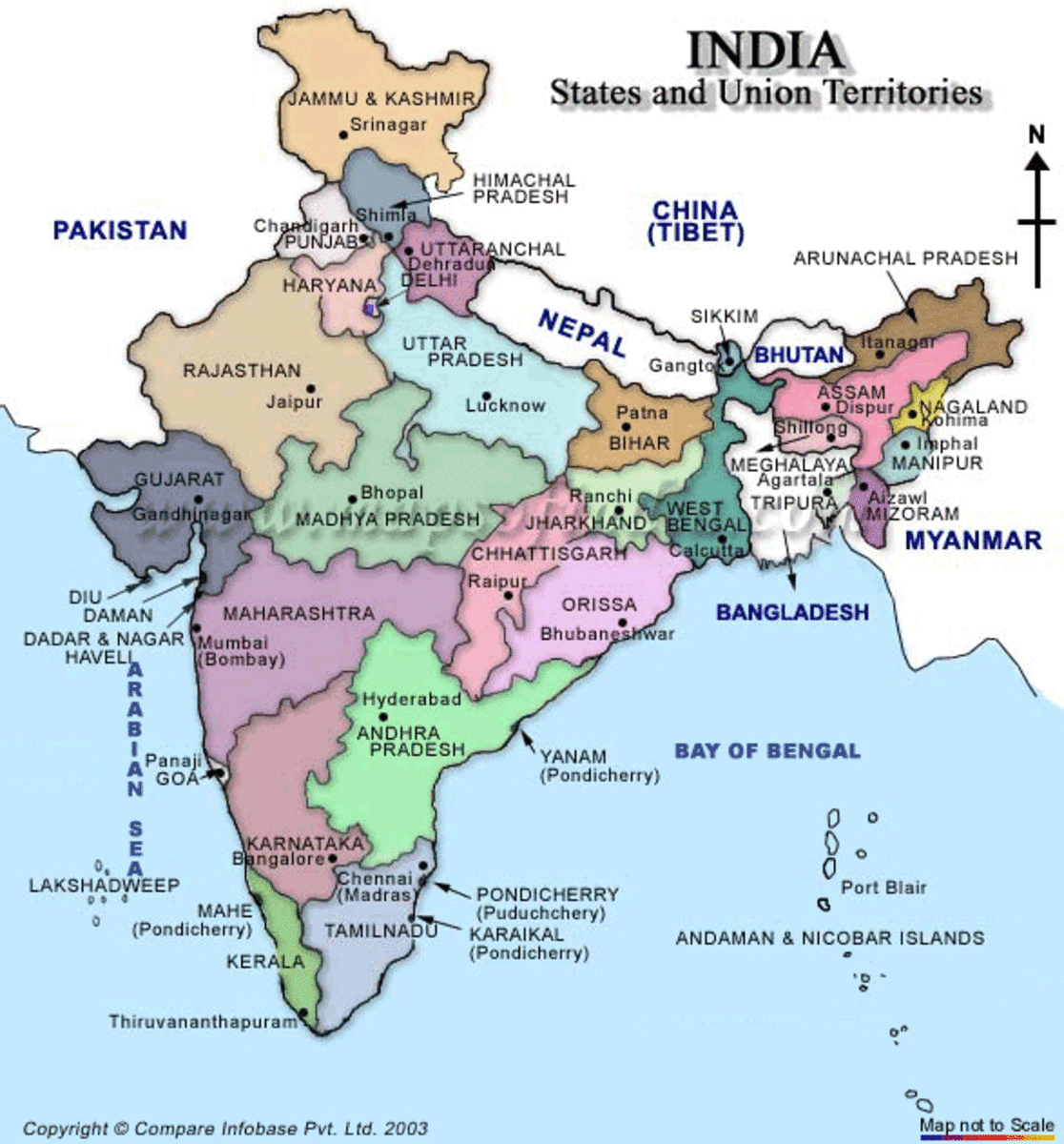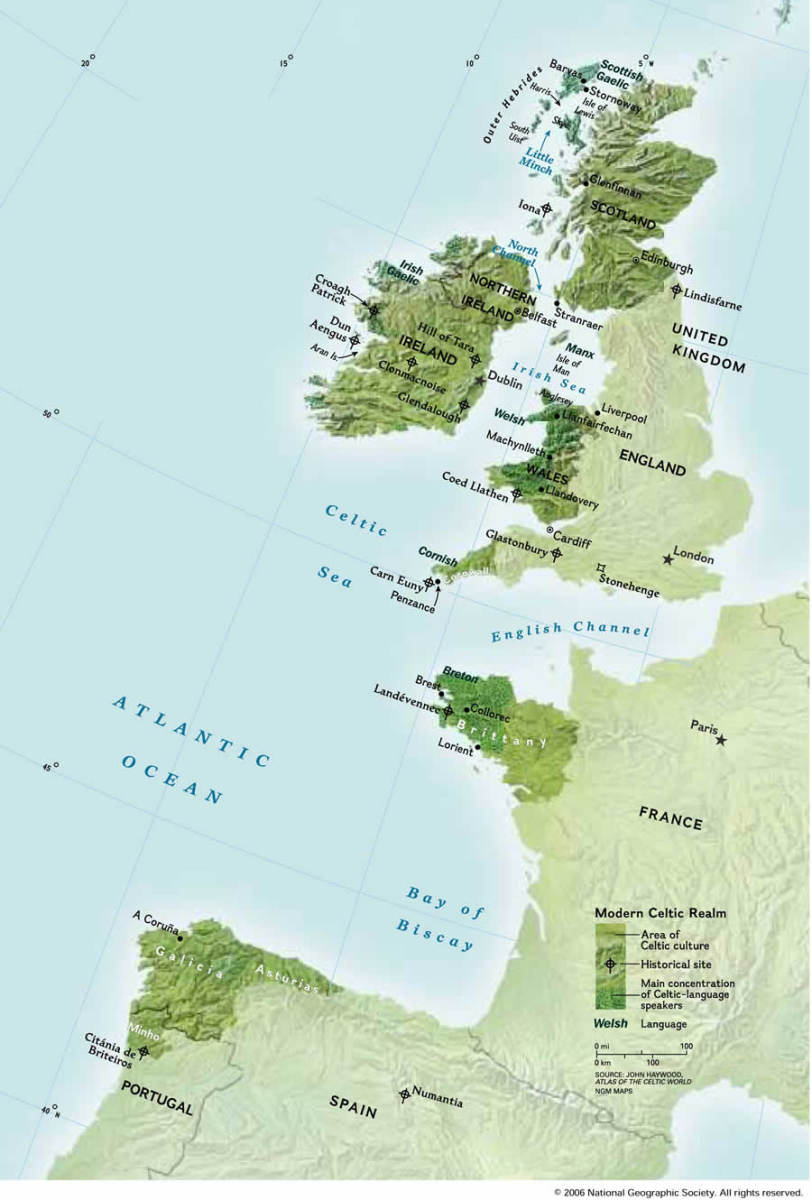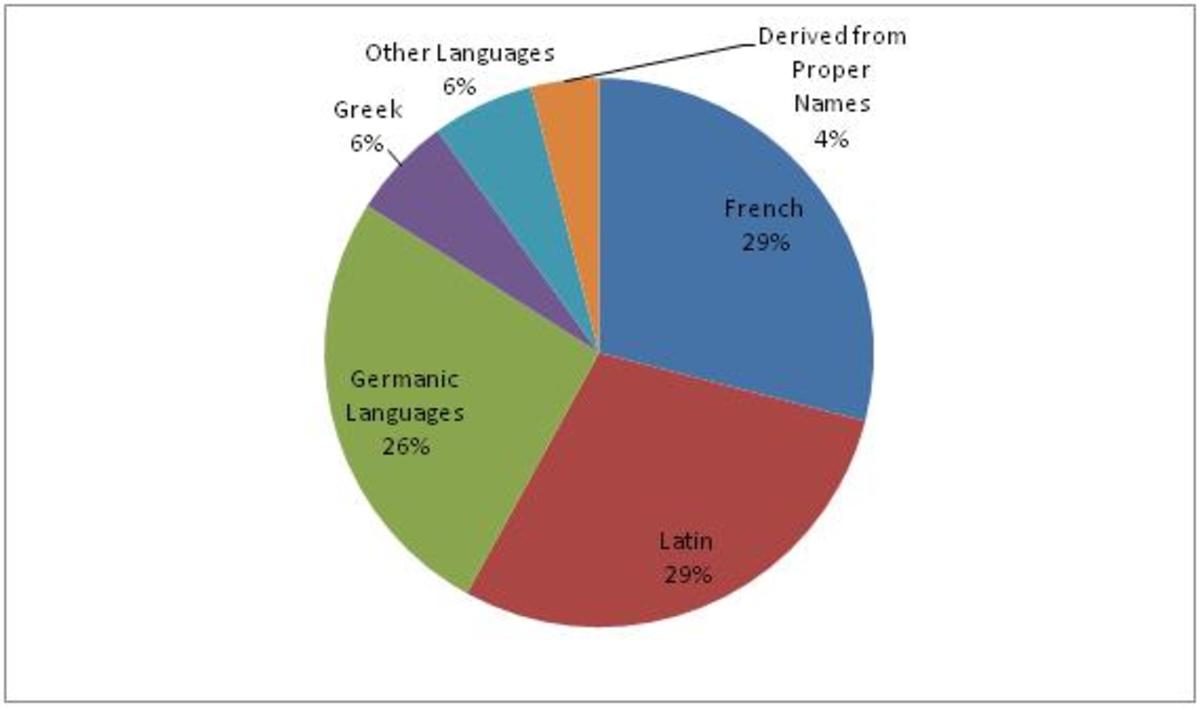3 School Subjects Made Harder Than Necessary
In school there are always those subjects that everyone considers difficult to make it out alive, like Calculus and Physical Education. There are also a ton of classes that are actually pretty straightforward but teachers make them impossibly hard, probably because they like to watch you suffer.

Here are 3 of the most unnecessarily difficult subjects in school. You’ll be hard pressed to do well unless you’re a genius or you sleep with your teacher (see stupid ways to cheat).

1. English
English is probably the most useless subject on the list, which is actually kind of surprising. How could a subject about language and communication skills of the world’s most dominant language possibly be useless? English earns a spot here because the kind of writing taught is non-existent in anything outside English essays.
In English class, what is suggested for essays and independent study units is simply not the kind of thing you want to read. The outlines, the strict rules, the repetitive nature of the essay all add up to make something that is hard to digest.

In fact, the way we’re taught the subject is not only useless, the techniques can actually make it worse for you to gain a grasp on the language.
Nobody actively thinks how to form sentences, organize paragraphs or add rhetorical questions during normal conversation, and this is no different in writing. It’s the same principle with playing sports: you practice and mechanize the movements so that during game time, they come instinctively to you. In fact, thinking while playing a sport is more likely to cause you to choke.
Some of these hindering techniques include not using the word “this” and “and” in the beginning of a sentence, forbidding the use of the words “show” and “display” (apparently those are overly used – hello Microsoft word thesaurus), and weird word rules like using “human beings” instead of “humans”.

From my experience (which may not count for much but hear me out) the best writers are the ones that don’t follow these stupid rules. They treat them more as guidelines and create a balancing act between something that is not overly processed while still maintaining a unique form and structure. That way you’re able to convey your message without sounding like a robot.
If only we were taught to write essays like this one, then maybe it would have made things a bit more interesting.

2. Chemistry
I was always pretty good at chemistry. It’s a combination of logic, some basic memorization, and the incentive of cool chemical explosions. But in school they still manage to screw that up and make it harder for you.
Why? Because they hold out on you.
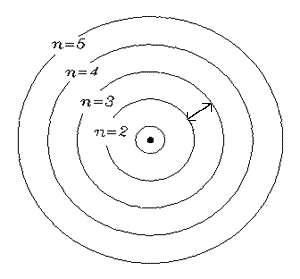
Chemistry starts off on you learning about ionic and covalent bonds, the physical properties of chemicals like solubility and viscosity, and things like the electron orbits around atoms. Specifically with the latter, you learn about the rule of 8.
The rule establishes that atoms start off with 2 electrons surrounding the first orbit and then 8 electrons for any subsequent orbits. And these lessons are carried on for the next 4 years until grade 12 or university level.
During this time you start noticing the weird exceptions, like iron 2+ and 3+. You start questioning things. Why does iron have 2 different charges? How come oxygen (O2) sometimes becomes ozone (O3)?
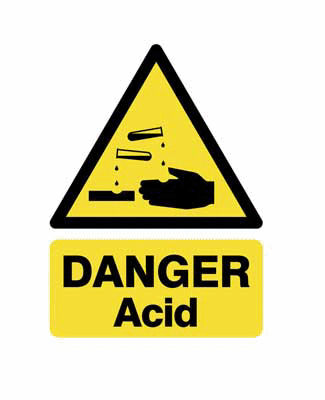
You might even ask “hey teacher, why doesn’t the rule work then?” and they always say that “it’s not important, it’s just an exception.”
But it is pretty damn important, and it’s not really an exception. Mainly because the rule of 8 is bogus.
Well, it’s not entirely bogus; it actually works quite well up until the third or fourth orbit, but quantum theory works much better in explaining it, and also explains why some metals like iron can have two different charges. It’s kind of like how Newton’s theories were surpassed by Einstein’s theory of relativity. Newton was good at explaining planetary orbits up to a certain point, but he was still fairly accurate. It’s just that space-time is even more accurate.
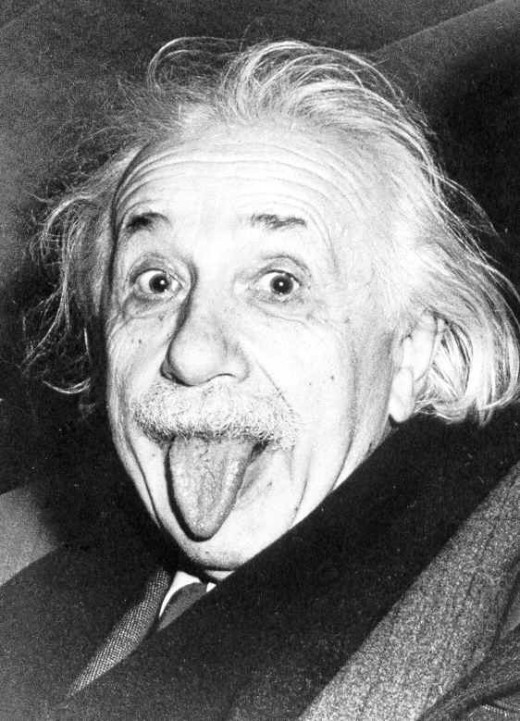
But if we had that theory all along, why did it take you 4 years to teach it to us? Did we suddenly become smarter in that last year of school?
Don’t get me wrong, I don’t mind teaching Newton’s formulas because they’re practical as a decent approximation and much easier to use than Einstein’s.
However, the rule of 8 is not that practical in comparison and if you had taught quantum mechanics earlier, it might have made things easier to understand in the long run. All those exceptions and apparent discrepancies would no longer be a problem.
While the rule of 8 may be practical (again, not that practical), quantum mechanics isn't that difficult to understand. In fact, you could say it makes things easier because you begin conceptualizing in three dimensions instead of the limited two dimensions that we’re conditioned to think of atoms, at least initially.
Oh, and ionic bonds? Those don't exist. They're just really strong covalent bonds.
Seriously why couldn't you just say that?

3. French (or foreign languages)
I never had problems with French, or languages in general. It helps that I was taught Portuguese at an early age, which is one of the Latin or Romance languages. That makes it easier to learn French, Spanish and Italian because they are all very similar in their conjugations, their verbs and such.
Now I try to speak Portuguese daily at home so that I don’t lose the fluency and facility of speaking. I never did the same with French and I probably lost any knowledge I had with 3 years of teaching, except maybe “bonjour comma ça va” and "I am le tired." You know, the important stuff.

And that’s the problem when it comes to learning a language in a school setting. As soon as you finish that course, you’ll never use the language again, and you’ll slowly forget anything you knew about it.
A much better way to learn a language would be to simply go to a place where you have to speak it. Eventually you’ll learn it in a much better fashion than the staggered thinking of remembering the verb, wondering whether or not it’s regular or irregular, remembering the pronoun, figuring out the correct conjugation and so on. It’s the type of thought process that’s very common in language classes, even English. And yet nobody actively goes through this process when talking, in any language.
Learning the language so that you can speak and communicate naturally is the ideal. And that’s very difficult to do in a classroom setting. If you want to learn French, just go to France or Quebec for a month and force yourself to speak it daily.
Concluding Thoughts
These subjects can be hard, but they don't have to be. Here's what you can/should/will take from this:
1. Don't make English an exercise in being a (metaphorical) slave.
2. Teach the modern theories of chemistry first and supplement them with the previously accepted ones as you go along.
3. Go to France.


